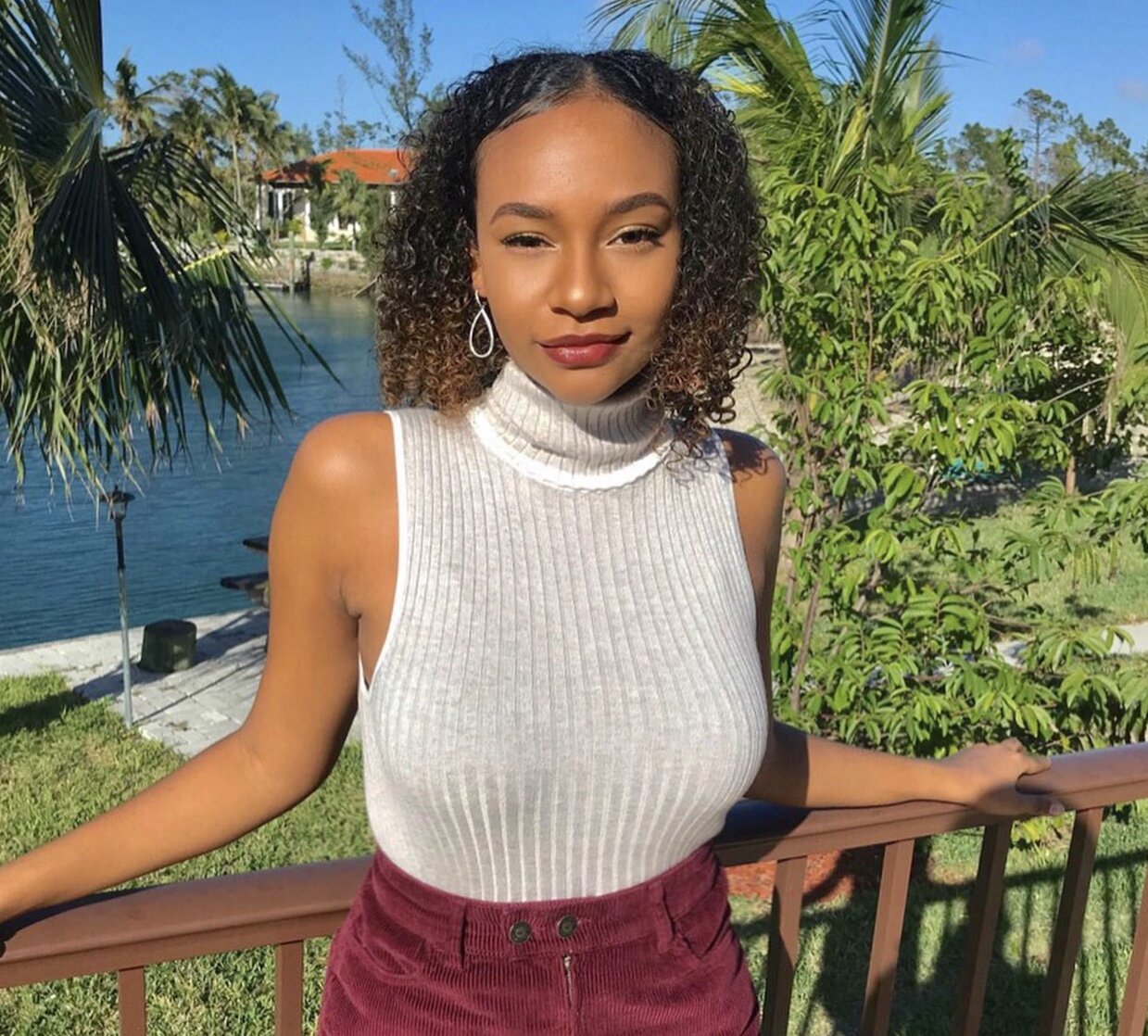Why environmental activism needs to be intersectional
(Courtesy of Lauren Ritchie)
19-year-old Bahamian student activist Lauren Ritchie on how we can’t talk about climate justice without social justice.
From a young age, I have always been concerned about social and environmental issues, especially the ones occurring right on my front doorstep on my island. Grand Bahama Island has borne the brunt of the climate crisis; for the last four years, we’ve faced extreme natural disasters, like Hurricanes Dorian and Matthew, and we will continue to be susceptible to shifts in the climate for many years to come without the resources and educational tools to appropriately adapt.
(Courtesy of Lauren Ritchie)
During my high school courses, I studied poverty, migration, global health, climate change and environmental degradation — and I knew immediately that I wanted to dedicate my life to solving these problems. I became a member of the Keep Grand Bahama Clean initiative during my junior year of high school, participating in beach cleanups, environmental protests and educational programs to spread awareness about environmental protection on my island. After living in The Bahamas for all my life, I moved to New York City in 2018 to attend Columbia University to further my passion for creating a better planet.
However, the more I delved into the eco-community, the more I realized that there aren’t enough Black, Indigenous and people of color (BIPOC) voices in the climate conversation. As a sustainable development major at a predominantly White university, it’s not uncommon for me to be the only Black face in my sustainability classes. It made me realize the grave disconnect between my community and the field of sustainability. I began to feel a sense of responsibility to share the information I learned with anyone who would listen.
In May 2020, I created The Eco Gal, an educational platform that raises awareness about social justice and promotes an inclusive approach to climate action. It began as a blog to engage young Bahamians in the climate movement by sharing zero-waste tips for college students and providing them with information about topics like fast fashion. After the death of George Floyd and the resurgence of the Black Lives Matter movement, I became acutely aware of the fact that many of the sustainability and climate action pages that I followed on social media had not taken the time to comment on issues of racial injustice. It was truly upsetting and I recognized then, more than ever, the need to amplify Black voices and experiences in the climate movement. Thus, I expanded The Eco Gal into what it is today: a platform that aims to tackle the oppressive systems within our society and highlight how they intersect with the climate crisis.
It’s essential to understand the connection between social justice and environmentalism when discussing the climate movement. Racial injustice extends far beyond police brutality, prejudiced remarks and discrimination within the criminal justice system. It’s everywhere. It’s in environmental racism and the poor quality of our air and water. It’s in the segregated and poorly funded communities we live in. It’s in our limited access to sustainable resources. Environmentalists must not only reconcile with the racist and exclusionary history of environmentalism but also address the fact that climate change disproportionately impacts communities of color.
“Environmentalists must not only reconcile with the racist and exclusionary history of environmentalism but also address the fact that climate change disproportionately impacts communities of color.”
For environmentalists to truly protect the planet, we need to address the ways climate change impacts everyone. There are a multitude of social factors that impact one’s access to resources to combat the climate crisis — from race to mental health and disabilities to migration and poverty. I want to see governments, companies and individuals all around the world come together to continue these important conversations, amplify the BIPOC stories and most of all, take real action.
I encourage anyone who can incorporate sustainability into their everyday lives to do so by being mindful of their consumption and waste production. Even though buying from ethical brands, using metal and bamboo utensils and eating plant-based foods are all great options, they aren’t accessible to everyone. That’s why I encourage individuals to try to be sustainable by being conscious of little things, like taking shorter and colder showers, unplugging electronics when they aren’t in use and donating and fixing their old clothes instead of throwing them away. I also urge people to try to be good allies for marginalized communities by unlearning harmful language and behavior and using your privileges to make space for others without tokenizing them or expecting them to teach you.
I am overjoyed to see so many people shedding light on the oppressive systems within our society. I am proud of the great strides that have been made to push intersectionality to the forefront because we can’t talk about climate justice without talking about social justice.
 Read more
Read more











